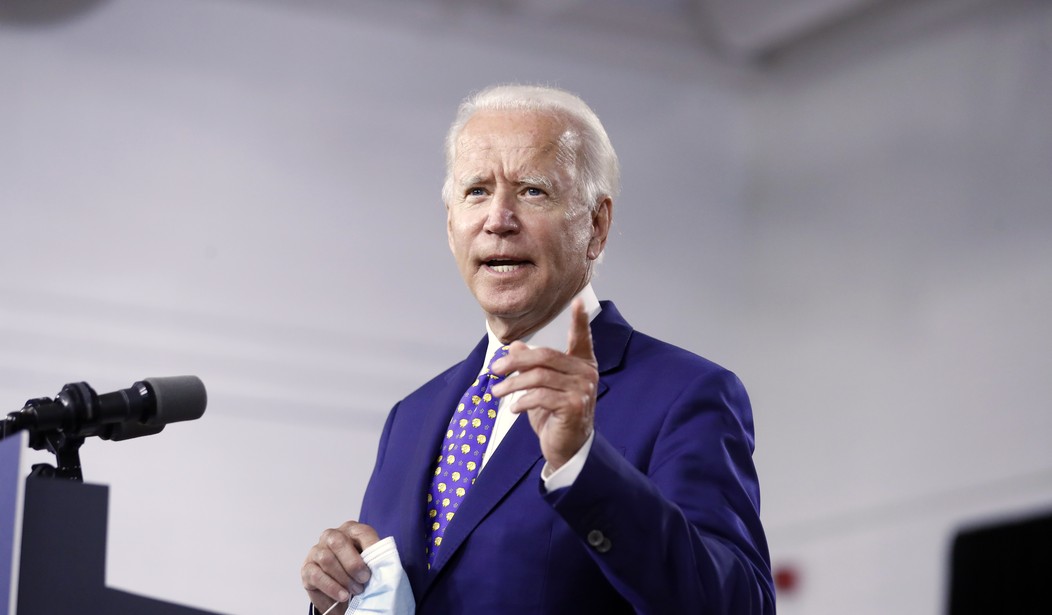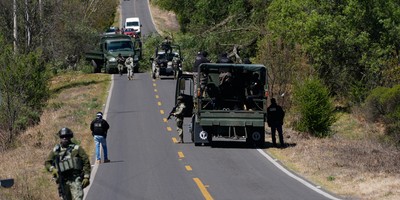As the debate over the efficacy of vote by mail rages – with President Donald Trump and the Democratic Party machine staking out opposite positions on the spectrum – at least one attorney who was involved in the 2000 Bush v. Gore Florida recount says vote by mail has the potential to be nothing less than “pandemonium.”
“Vote by mail, in the states that have adopted it, is going to make Bush v. Gore look like a picnic,” says Tom Spencer, vice president and election expert with the Lawyers Democracy Fund (LDF), a non-profit based in Missouri that seeks to, among other things, create a uniform election code “to provide guidance to legislators interested in reforming their electoral systems.”
“And I don’t think the governments of those states, especially the ones expanding vote by mail at the last minute because of COVID-19, are being truthful with their voters about how careful they’re going to need to be with vote by mail ballots,” Spencer adds. “If the signatures don’t match, or if the post office loses their ballots, or if the ballot isn’t filled out correctly, or if it’s not turned in on time, or if there’s any other problem, those votes could end up not counted.”
Spencer’s opinion is in direct contradiction to Democratic candidate Joe Biden’s public assertion that expanding vote by mail and early voting will ensure every American has their “voice heard this November.” But Spencer – who, according to this December 2000 CNN article actually witnessed the Miami-Dade County hand recount of ballots in the Bush v. Gore debacle – may know a bit about the subject.
And he’s not optimistic.
“We’re going to be faced with a lot of confusion in this election, it’s really going to be a mess,” Spencer says. “When President Trump talks about vote fraud, it’s an expansive concept because it’s not just potential fraud by theft; it’s fraud by omission, by not explaining to voters what they’ve got to do to make sure their ballot counts. It’s almost like consumer fraud.”
Recommended
Hans von Spakovsky, an election law reform expert and Senior Legal Fellow at The Heritage Foundation, laid out in a recent article some of the problems that have resulted from recent mail-in ballot elections, including the seemingly interminable primary race in New York.
Mail-in ballots also have a higher rejection rate than votes cast in person. In the Paterson case, election officials apparently rejected 1 in 5 ballots for everything from signatures on the ballots not matching the signatures of voters on file, to ballots not complying with the technical rules that apply to absentee ballots.
New York, which has taken more than a month to count the ballots from its June 23 primary election, is also reporting a similar rejection rate. This should be considered unacceptable by anyone believing in fair and accurate elections.
These kinds of technical problems—when a voter doesn’t provide all of the information required with an absentee ballot—occur because there is no election official in people’s homes to answer their questions. At polling places, by contrast, election officials can try to remedy any problems a voter encounters.
And then there’s the problem, noted in this April 2020 op-ed by Edward Foley, director of the Election Law Program at the Ohio State University, of the very probable litigation that will result from the expansion of mail-in ballots.
Spencer’s aware of that probability as well and says litigation before and after the election could delay results for an unforeseeable amount of time.
“This strategy of vote by mail helps Democrats in their vote harvesting plans, but in the end, it’s going to lead to massive litigation and delayed results,” Spencer says. “A lot of people’s votes aren’t going to be counted; and when those votes aren’t in, they’ll be looking for a judicial fix. It’s not what they should be doing.”
What they should be doing is simpler, Spencer says.
“They should be explaining to voters what the issues are with mail-in ballots,” he notes. “And how they can address them. Not scaring the hell out of them about going to the polls.”
Sarah Lee is a freelance writer and policy wonk living and working in Washington, DC.

























Join the conversation as a VIP Member